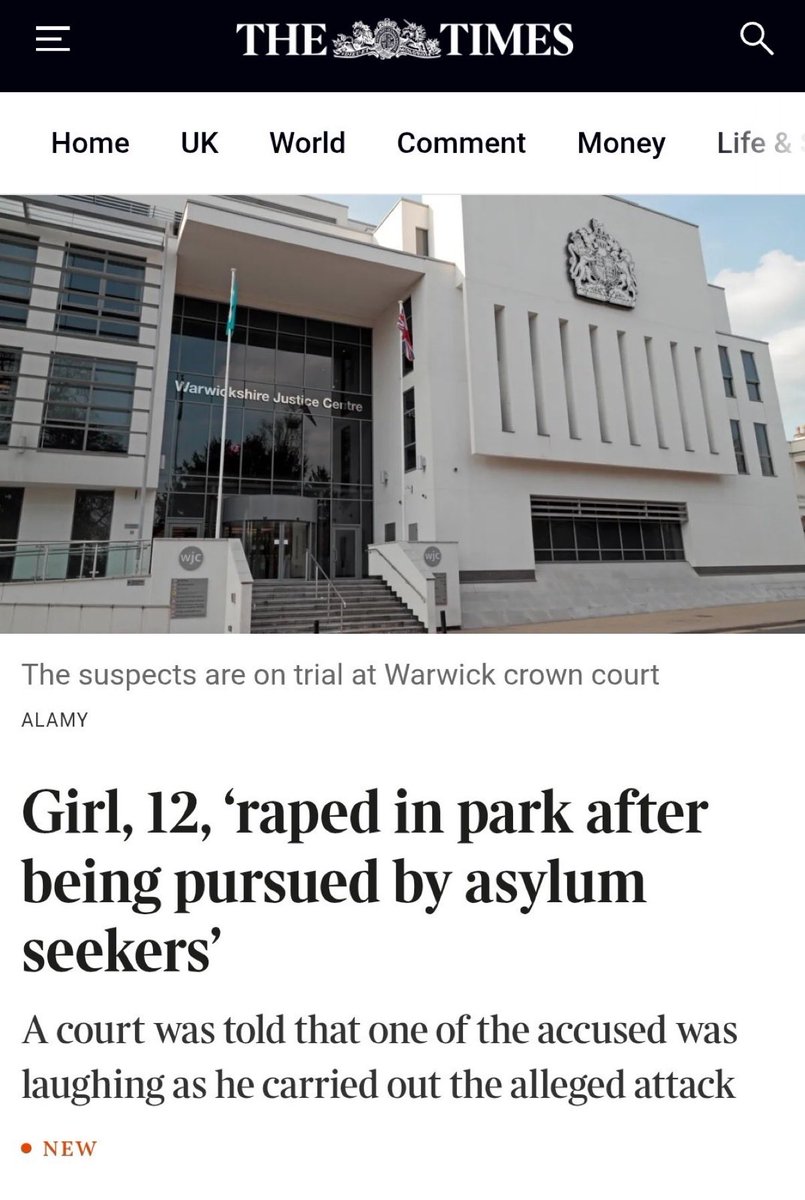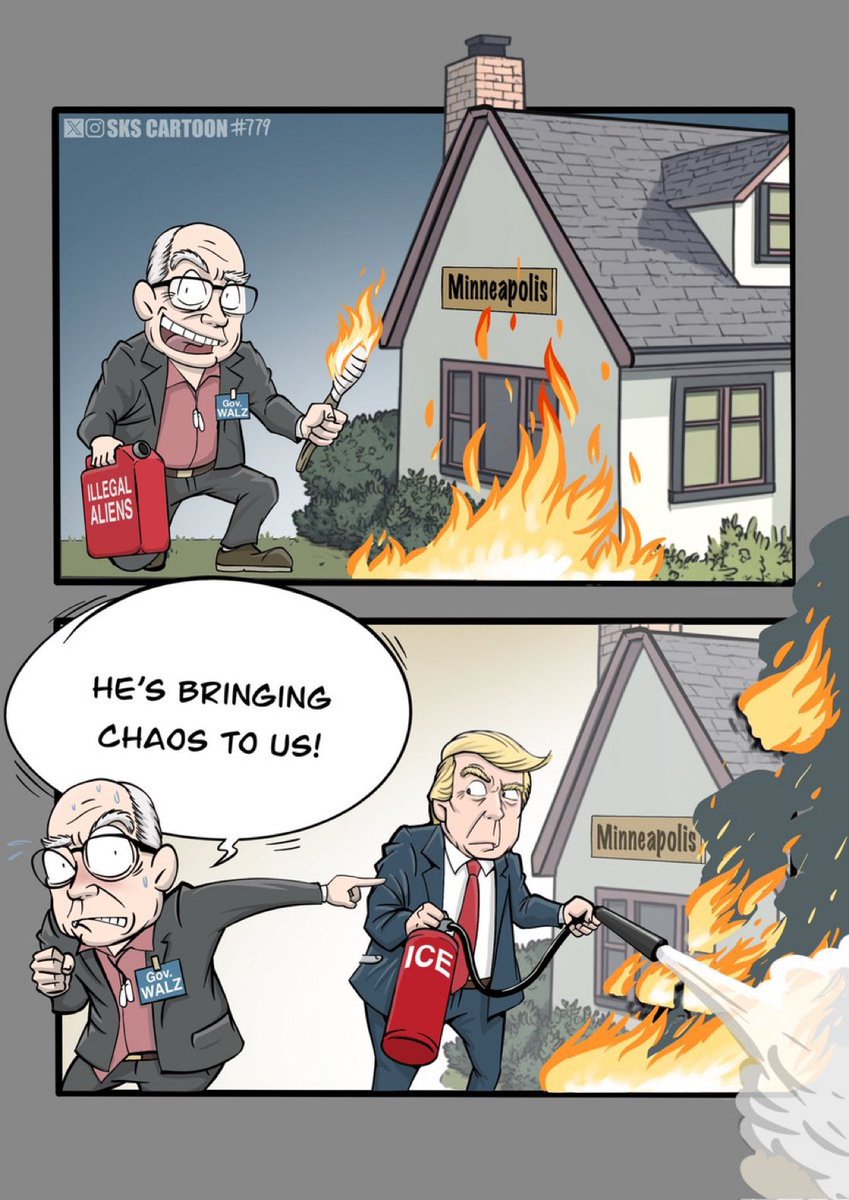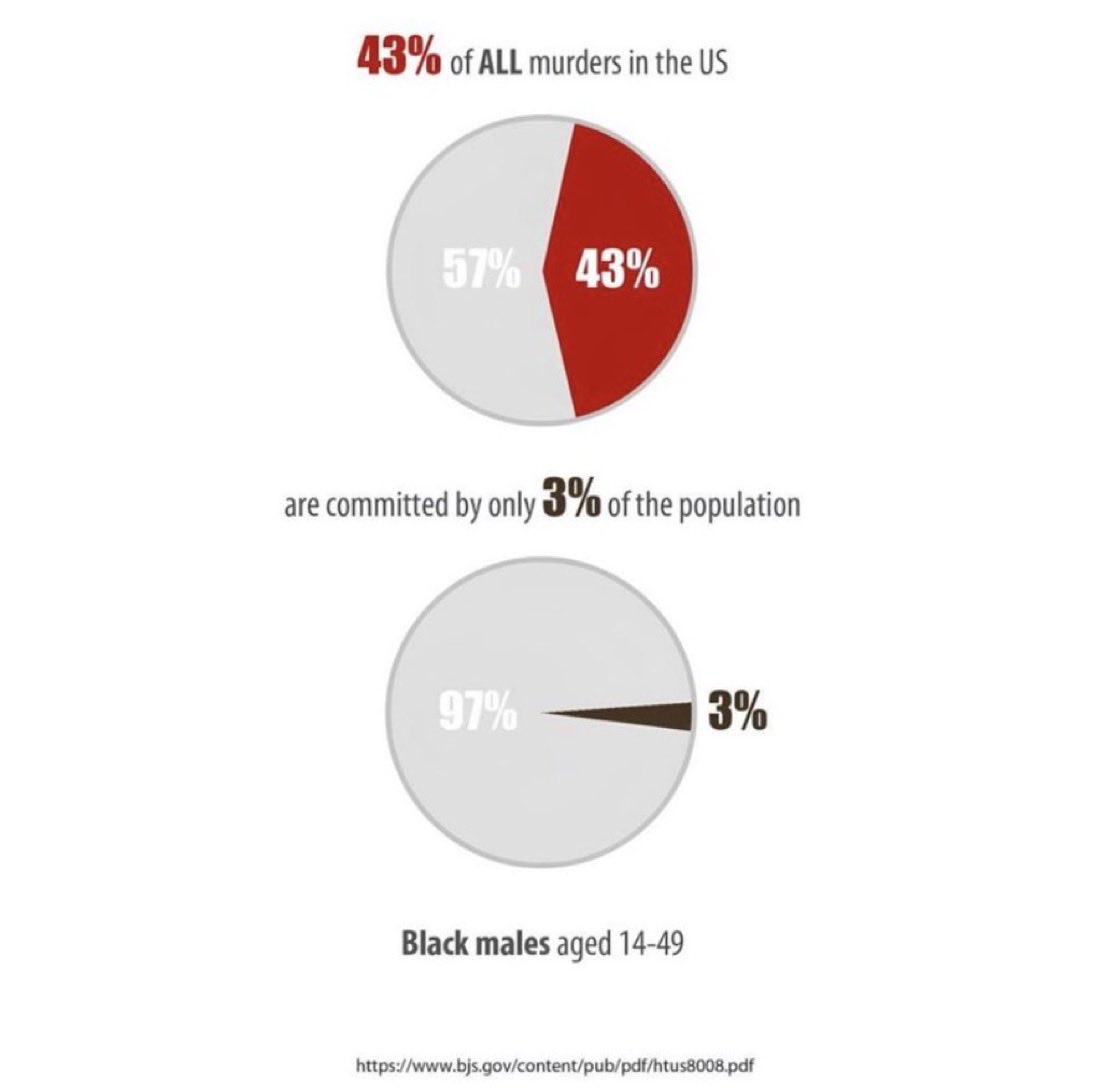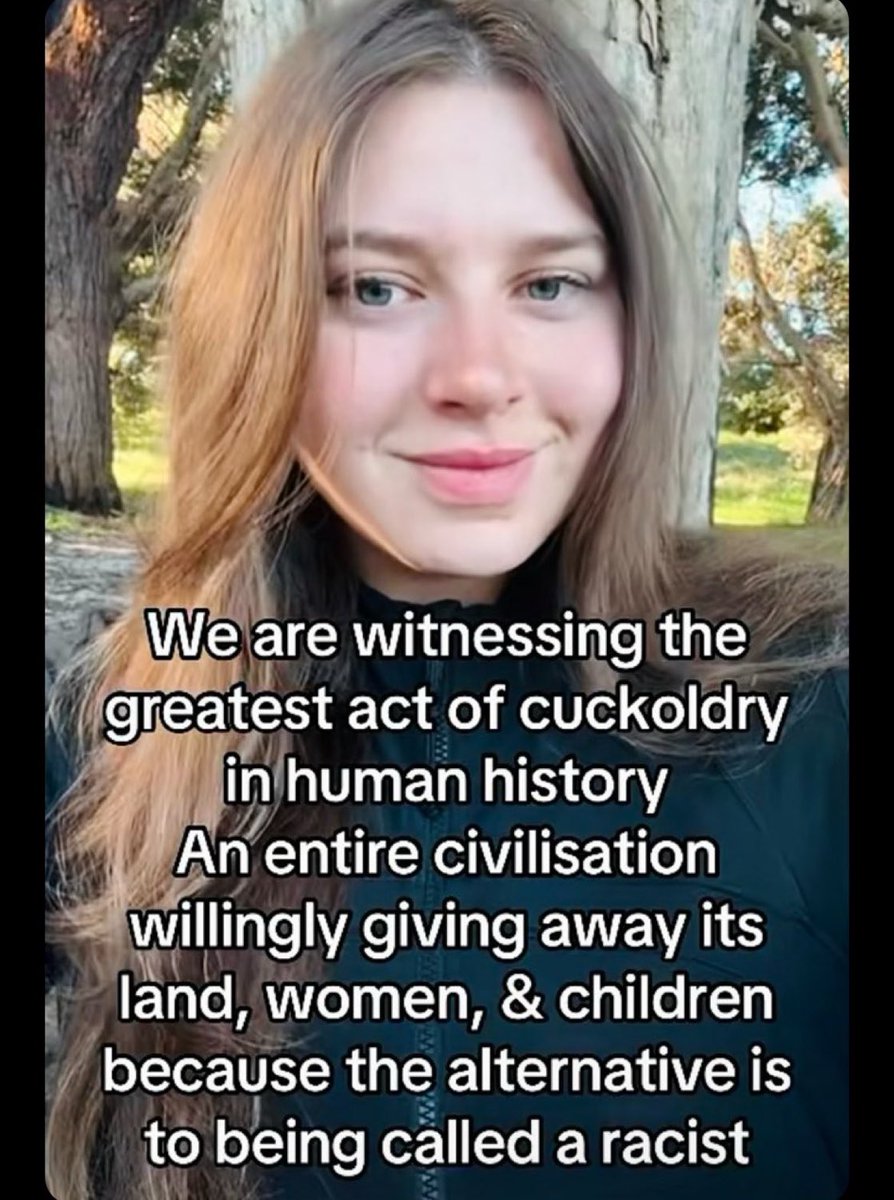Working till you retire at 65 is one of the biggest scams in modern society.
In reality if you take all things into consideration like your health, your stress levels, your risks etc. you need to plan to retire much sooner.
#WorkTillYouRetireIsAScam
In reality if you take all things into consideration like your health, your stress levels, your risks etc. you need to plan to retire much sooner.
#WorkTillYouRetireIsAScam
This sculpture of a hollow man going to work for a 9-5 symbolizes this barren corporate culture we all live in today #WorkTillYouRetireIsAScam 

Happiness is in 9-5 jobs & 💵
Happiness is in books & entertainment
Happiness is in booze & pills
Don’t run a rat race all your life searching for happiness
Learn skills, Build things, save money, invest, retire early and live life on your own terms
Happiness is in books & entertainment
Happiness is in booze & pills
Don’t run a rat race all your life searching for happiness
Learn skills, Build things, save money, invest, retire early and live life on your own terms
If possible be the first in your family to end the rat race. Take risks, save & invest. #WorkTillYouRetireIsAScam
#EscapeTheRatRace
#EscapeTheRatRace

9-5 wage jobs are a prison system designed to suck in humans promising stability, security, benefits while wasting away their lives in captivity.
Save money, invest in scarce assets, generate revenue streams. Make money while you sleep is the quickest way to financial freedom.
Save money, invest in scarce assets, generate revenue streams. Make money while you sleep is the quickest way to financial freedom.

Renting your time for money (wages) will never make you rich or give you freedom. The real way to obtain freedom is to start a business or save money & invest in assets which keep appreciating over time.
Wage earners enrich corporations
Invest in #Bitcoin long term, get free
Wage earners enrich corporations
Invest in #Bitcoin long term, get free

Stop doing this for yourself generation after generation. Don’t be an ant in an ant colony. Stop being a worker bee in a bee hive.
Take risks, solve problems, invest, do what you’re not taught but what feels right to you. Opt out of their system, build your own.
Take risks, solve problems, invest, do what you’re not taught but what feels right to you. Opt out of their system, build your own.

What we’re taught matters vs. what really matters are very different.
Don’t fall for the rhetoric. Freedom matters. Freedom to do what you like, when you like matters. Investing into #Bitcoin brings you closer to this by saving your wealth.
Don’t fall for the rhetoric. Freedom matters. Freedom to do what you like, when you like matters. Investing into #Bitcoin brings you closer to this by saving your wealth.

Fiat: for those who are born to study, get a job, do their jobs and die.
#Bitcoin is for those who are born to learn, have fun, travel, enjoy and die.
I’m sticking with the latter.
#Bitcoin is for those who are born to learn, have fun, travel, enjoy and die.
I’m sticking with the latter.

• • •
Missing some Tweet in this thread? You can try to
force a refresh















